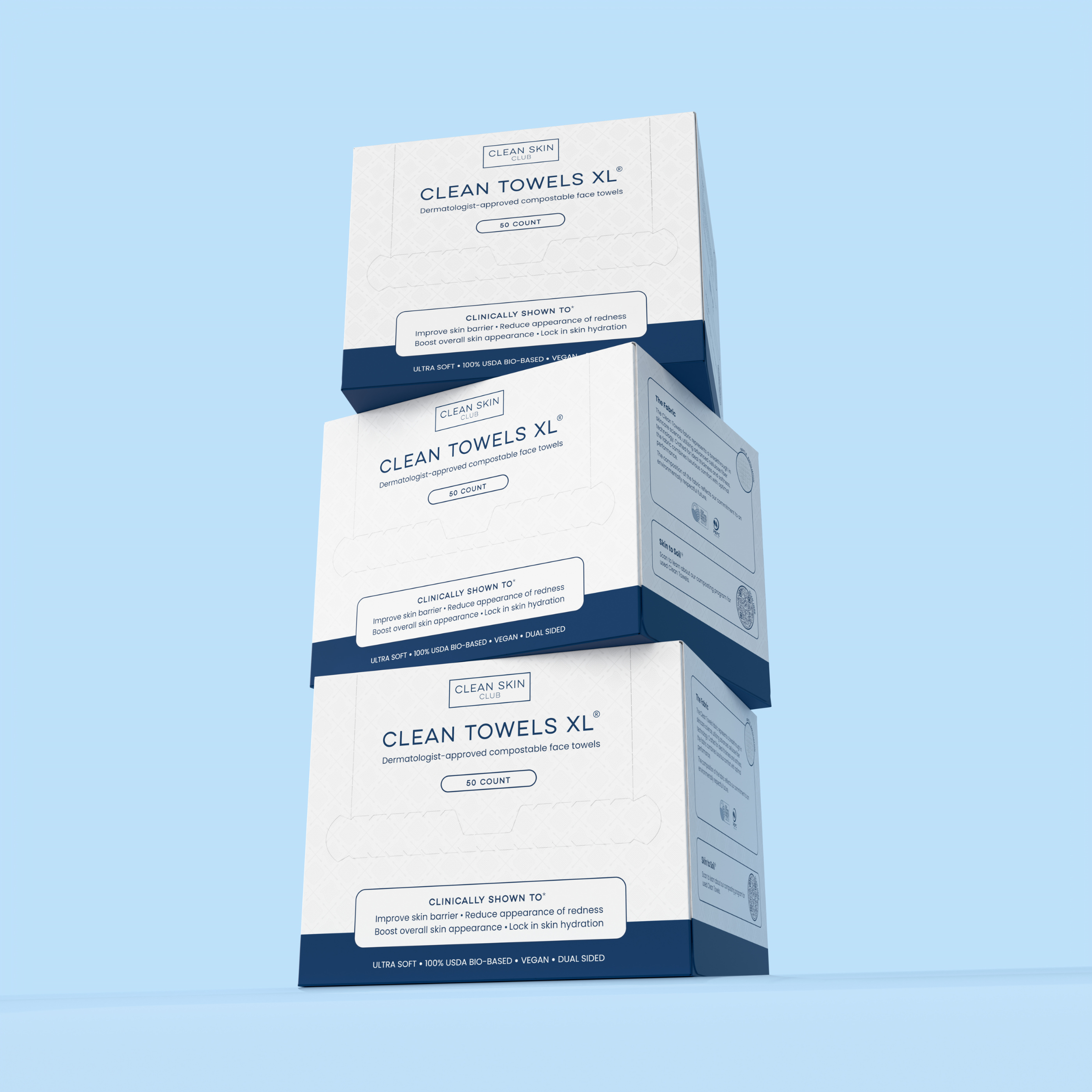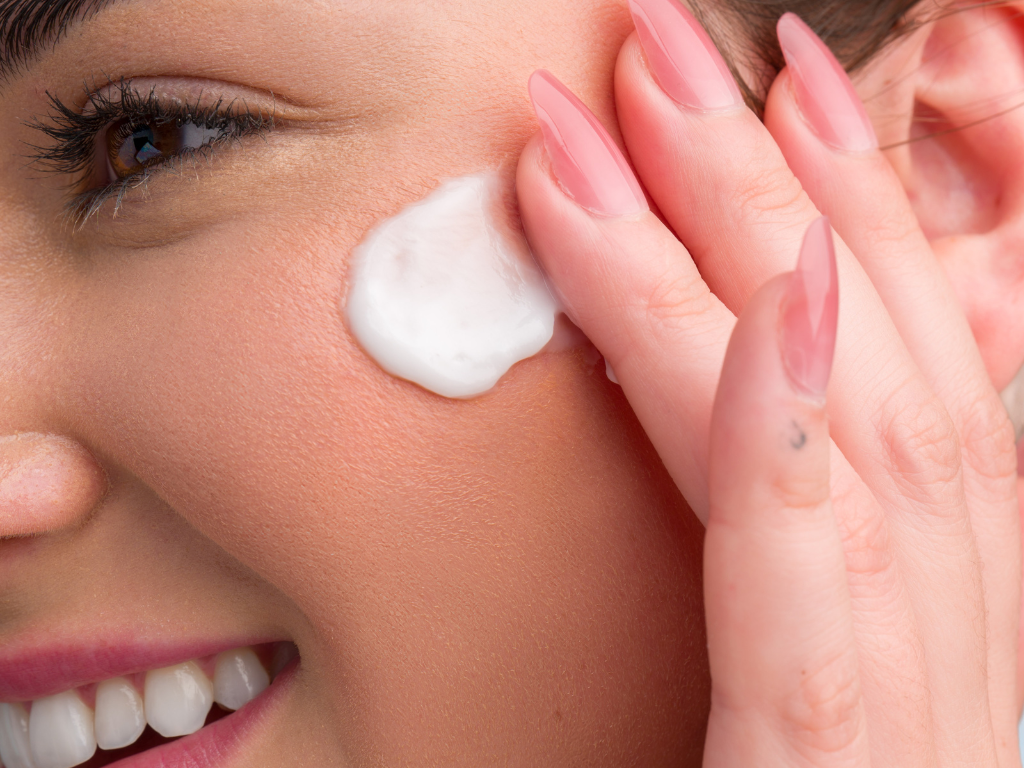Let’s talk about the most underrated skincare product in your routine when it comes to preventing premature aging. It’s not a serum. It’s not a magic cream. It’s sunscreen.
And with summer around the corner, now’s the time to make sure you’re using the right one—and actually wearing it. Whether you’re already applying SPF daily or just starting to build the habit, understanding the difference between chemical and mineral sunscreens (and how to choose the right SPF number) can make all the difference in how your skin looks and feels long-term.
First, Why SPF Even Matters
SPF stands for Sun Protection Factor. It's a measurement of how well your sunscreen protects against UVB rays—the kind that cause sunburn and contribute to skin cancer. But here's the tea: your SPF isn't just about beach days. UV rays are around every day, even when it's cloudy or you're working near a window.
No matter your skin tone, consistent SPF use helps prevent:
-
Premature aging
-
Hyperpigmentation and dark spots
-
Skin cancer
Now let’s get into what kind of SPF you’re using because not all formulas are created equal.
Mineral vs. Chemical Sunscreen: What’s the Difference Really?
The classic explanation?
-
Mineral (aka physical) sunscreens sit on top of the skin and reflect UV rays.
-
Chemical sunscreens absorb UV rays and convert them into heat, which is then released from the skin.
But research is starting to shift that narrative.
Here’s what we now know: both mineral and chemical filters work by absorbing UV radiation to some extent. That’s right—even zinc oxide and titanium dioxide (mineral ingredients) absorb and scatter UV rays, instead of just creating a shield on the surface.
So instead of focusing on whether one sits or soaks in, it’s more helpful to look at the experience each type offers:
Mineral Sunscreens
-
Main filters: Zinc oxide, titanium dioxide
-
Good for: Sensitive or reactive skin, post-treatment skin, babies
-
Pros: Less likely to irritate or clog pores
Cons: Can leave a white cast, especially on deeper skin tones (but formulations are improving!)
Chemical Sunscreens
-
Main filters: Avobenzone, octisalate, homosalate, etc.
-
Good for: Everyday use, under makeup, water-resistant needs
-
Pros: Lightweight, transparent, often more cosmetically elegant
-
Cons: Can sting around the eyes or irritate sensitive skin
How to Choose the Right SPF
More isn’t always more, but there’s a sweet spot.
-
SPF 15 blocks about 93% of UVB rays
-
SPF 30 blocks about 97%
-
SPF 50 blocks around 98%
If you spend a lot of time outdoors, have melanin-rich skin that's prone to hyperpigmentation, or use exfoliants and active ingredients in your routine, SPF 30 or higher is the way to go. But here’s the truth: reapplication is just as important as your morning layer. The general rule is every two hours, but let’s be real, that’s not always easy with a full face of makeup. Thankfully, we’ve got plenty of options on the market now such as: tinted powders, setting sprays, and even SPF mists make it easier to top up without messing up your look. Just remember: no sunscreen lasts all day—especially if you’re sweating, swimming, or just living life.
Bottom Line
Sunscreen is your skin’s quiet bodyguard. Whether you reach for mineral or chemical, SPF 30 or SPF 50, the best sunscreen is the one you’ll wear every day. Period.
Keep it consistent, pair it with other protective habits (hello, hats and shade!), and your skin will thank you for years to come.
Thank you for reading!
This article of the Skinsider Scoop was graciously written by Professional Skin Therapist, Donna Grays and edited by the Clean Skin Club team. If you're interested in more from Donna, please follow her Instagram - @theskngrl



